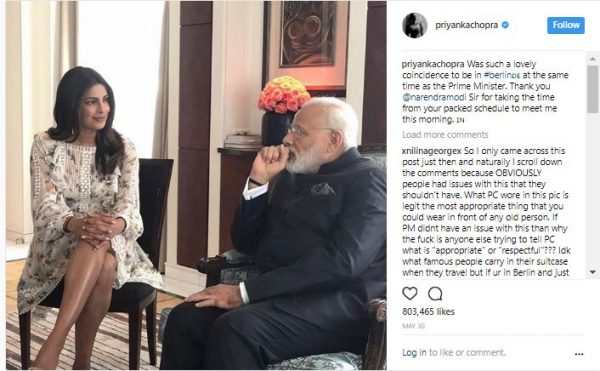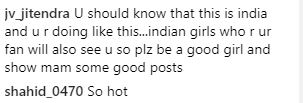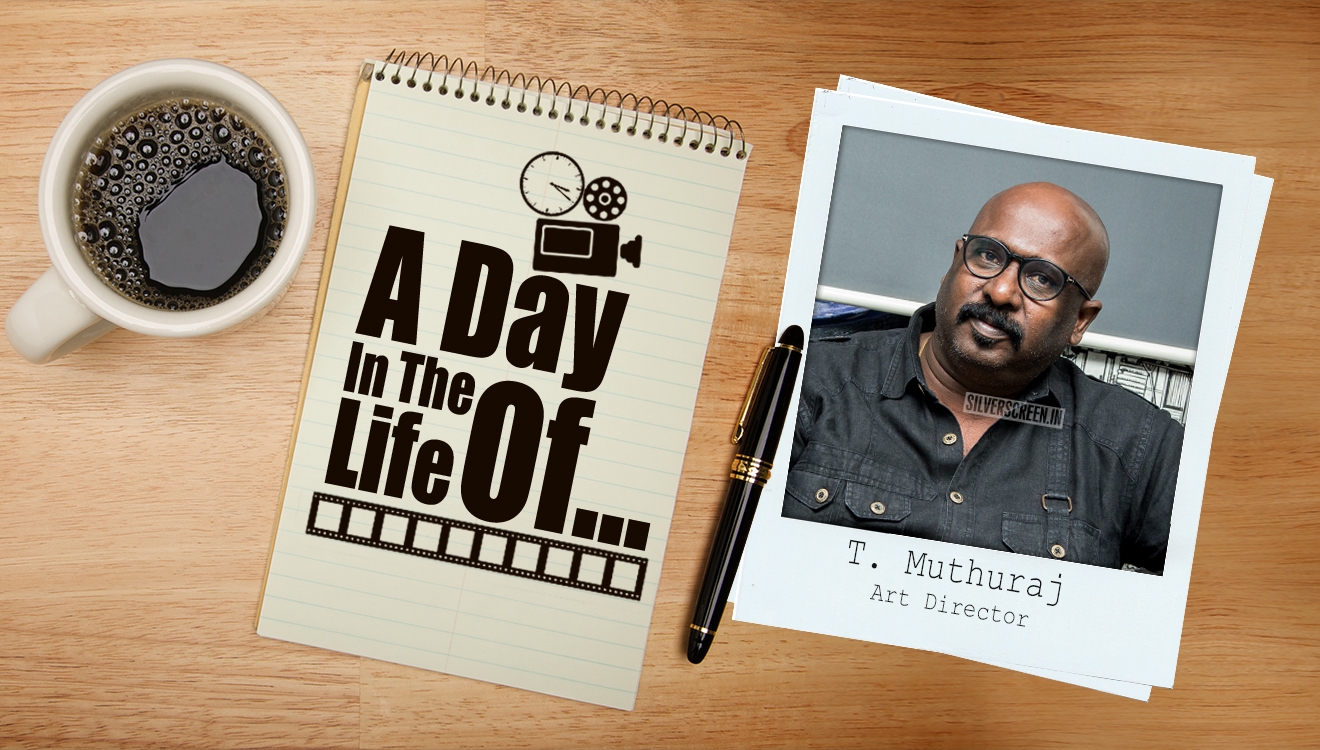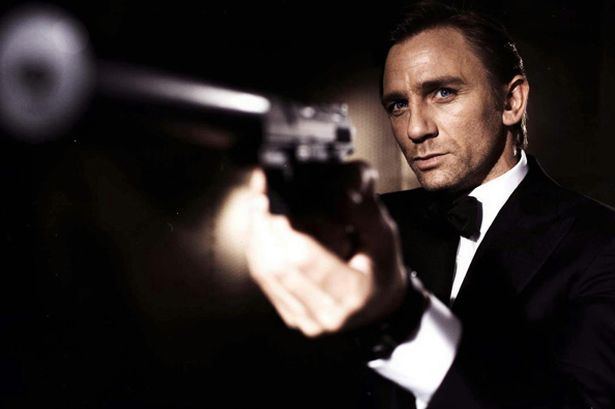Sometimes, while compiling a year-ender, we tend to look at the best of things that year – the best film, the best song, the best actor/actress… but for some reason, when we think of 2017, we imagine Marty McFly and Doc Brown from Back To The Future paying us a visit and finding that while so much has changed on the surface, there’s still so little that has *actually* changed.
It’s gotten worse. It’s gotten abysmal. It’s 2017, and we still blame, shame, oppress, humiliate, and have so much derision reserved just for women. And with social media becoming a huge necessity in everybody’s life, harassment is just a tweet or a DM away.
The year 2017 did not begin well. As though foreshadowing what the year would have in store, it began with the term ‘mass molestation’ in Bengaluru. As usual, women were blamed for daring to venture out at night. Statements were made by men who deemed it necessary to lecture what women should or should not do to protect themselves, because ‘men will be men’.
In the world of cinema and artistes, it’s been a terrible yet invigorating year. It’s gotten easier to harass and offend women, but it’s also been a year when women decided that enough is enough. Try to break us, but like Maya Angelou says:
“You may shoot me with your words,
You may cut me with your eyes,
You may kill me with your hatefulness,
But still, like air, I’ll rise.”
2017 belongs to all the women who spoke up, whether it’s Taylor Swift who sued her harasser for just $1 because it’s not about the money, but about sending (rather teaching) a message, or the innumerable women – both known and unknown – who called out men like Harvey Weinstein for being a devious sexual predator.
Social media hatred has been high too, perhaps the highest this year. When we look at things closer home, there’s much to be ashamed of. In February, the infamous ‘Suchi Leaks’ happened, when a popular singer was said to have leaked private photos and videos of several A-list actors and actresses from Kollywood. The motive, from the looks of it, was to demean actor Dhanush and composer Anirudh Ravichander.
While fans came rushing to their defence, lambasting the singer for trying to defame them, the videos and photos of the actresses were met with a more lascivious welcome. This gave way to several fake accounts that spread nude videos of actresses, instigating slut shaming and name-calling.

Suchi Leaks
Months later, the videos continue to circulate; the fake accounts continue to thrive.
The year also saw women being dictated on what to wear and how the length of their clothes described their character. Case in point – the several actresses who were shamed by the upholders of Indian culture on social media. Priyanka Chopra, someone who is admittedly faring far better than her male counterparts while also putting India on the map in Hollywood, is frequently reduced to a woman with ‘no values’ when she puts up photos that reveal her body.
The actress met Prime Minister Narendra Modi way back in May in Germany. She shared a photograph of the two engaged in conversation, but as expected, the haters could see nothing but her legs.

PC NM

PC troll
For Priyanka, it was just another day – trolls telling her what to wear, how to speak, and hurling other expletives when she fails to be their “ideal” Bharitya naari. Her response was razor-sharp and subtle.

PC Mom
Actress Esha Gupta exudes confidence and her photos attest to her terrific modelling skills. A few months ago, she, too, came under fire for putting up topless photos of herself on Instagram. Comments, predictably, ranged from “so cheap!” to “Mai tume chodna chahta hu” [I wan to f*ck you]. The others, meanwhile, took to lecturing her.

Lecture
Not one to be bogged down by haters, she took a break and then went back to uploading nude photographs of herself from the shoot with witty captions. She told The Times of India, “And who are these people who have ‘issues’ with my pictures? It’s my body and it’s been shot aesthetically… Men tend to have a problem if a woman goes bold. Their manhood is challenged.”
On a similar note, Kalki Koechlin shrugged off the hateful comments she received for posting a nude picture of herself, telling Mid-Day, “I have never been ashamed of whatever I do.” She shared a photograph of herself, nude, on Instagram, and drew the wrath of several people who thought slut shaming her would bring her to her senses.
“As women, we often are depicted through a man’s perspective, but this picture was clicked by a woman photographer. That’s why I found it significant to share the photograph,” she said.
Earlier in the year, she had starred in a short film titled Naked which dealt with issues like invasion of privacy, online abuse and slut shaming that actresses often face.
But it’s not always that simple to hit back at trolls. For any woman, social media is a battle ground, really. One is always advised to be more…careful. And smart. A bra strap or cleavage results in a bunch of unsolicited ‘show bobs and vegana‘ comments. Actresses these days are not just scrutinized for their selfies, but also for the roles they choose. Yemali actress Athulya Ravi had shared the teaser of her film that showed her smoking, drinking, and wearing short clothes. Trolls took to her account, lambasting her for doing such ‘unthinkable’ activities, things which Ajith, Dhanush, Rajinikanth, and several other top actors have been doing for years on screen.
She apologised and implored people to not judge her based on her role. The trolling had reached a point where there were memes made on her, ridiculing her for daring to do what men do on screen.
Speaking to Silverscreen, she said: “I didn’t apologise for my role; I apologised to some fans who are disappointed with my role… All I want to say is that I must not be judged based on my role. In fact, there is no need to judge any girl.”
Recommended
Jyothika, who is not on social media, met with a similar fate when the teaser of her film Naachiyaar, showed her hurling expletives on screen. Many of the comments questioned her actor-husband for being with a woman who hurled abuses with fervent passion. And others wondered how he could *allow* his wife to indulge in such blasphemy.
This also lead to a case being filed, but, again, that mostly had something to do with a woman hurling abuses.
But the one actress who has received far more hate that anybody else is Deepika Padukone – for Padmavati. Blatant death threats and bounties kept coming from groups who called themselves the upholders of righteousness and all things Hindu in the country.
November was all about the right-wing outfit Karni Sena threatening Deepika Padukone with a similar fate to that of Surpanakha in the ‘Ramayana’, and soon enough, it escalated to bounties worth crores for beheading the actress, and the filmmaker, Sanjay Leela Bhansali.
What made things worse was social media, with users subscribing to the same beliefs questioning her morals.
Once hired by Mallyas, @deepikapadukone is progressive and we as a nation regressive.
Why not have a film with title “Deepika aur Sid ka chumma”#Padmavati pic.twitter.com/gCs196JWMY
— #GauravPradhan ?? (@DrGPradhan) November 18, 2017
Hate on social media does not discriminate. If a woman can get trolled, so can a teenager. On that basis, 17-year-old Zaira Wasim was instantly questioned and branded an ‘attention seeker’ when she spoke against a man who molested her on a flight.
Then again, there have been actresses like Varalaxmi Sarathkumar and Ileana D’Cruz who used social media to speak up about abuse. There have been actresses who unabashedly named names and held men accountable, such as Parvathy, who didn’t hesitate to call out a director’s uncalled for comments.
Nothing seems to have made a difference though, and with Twitter increasing its character count, there is no guarantee that it would stop anytime soon. Suspended accounts just re-emerge under other names. Having haters held accountable for their comments and action may perhaps help.
*****



